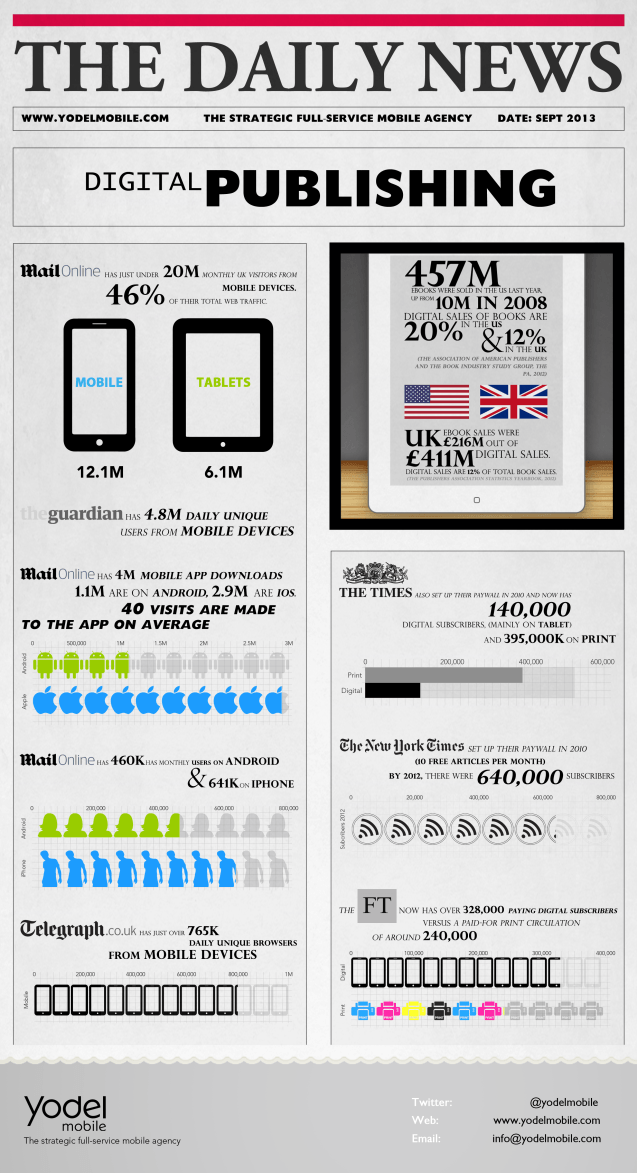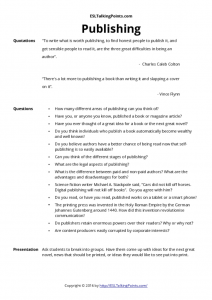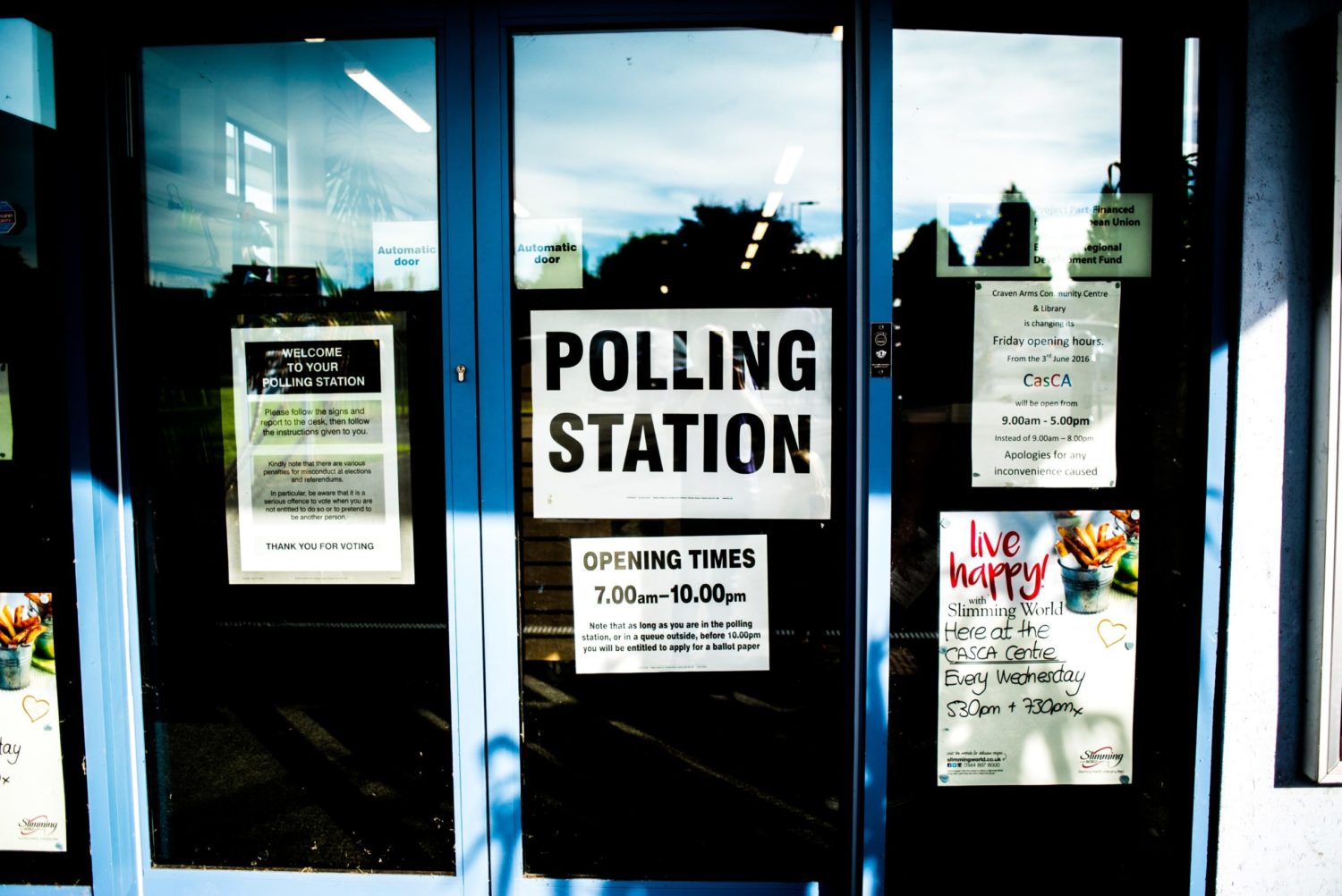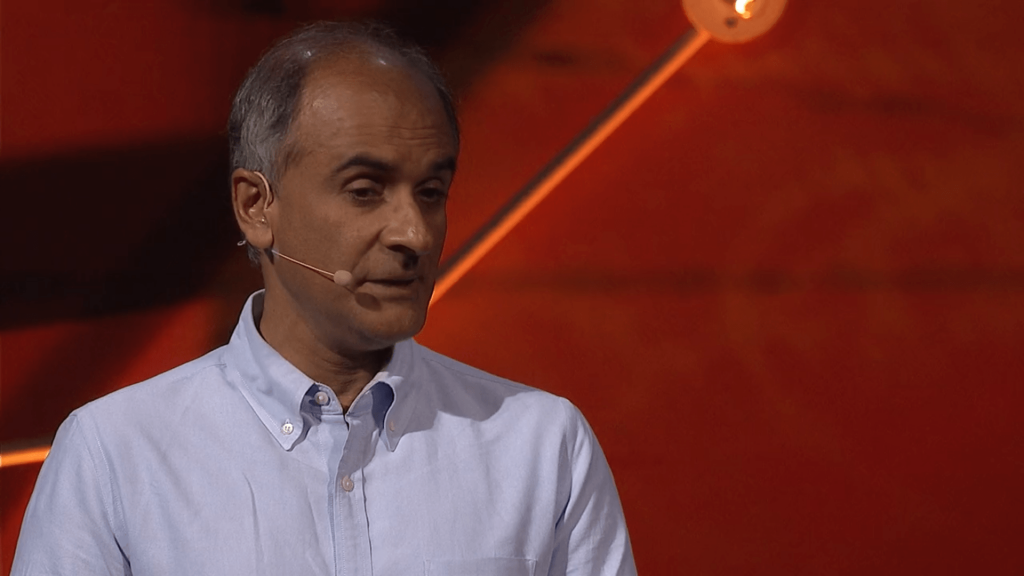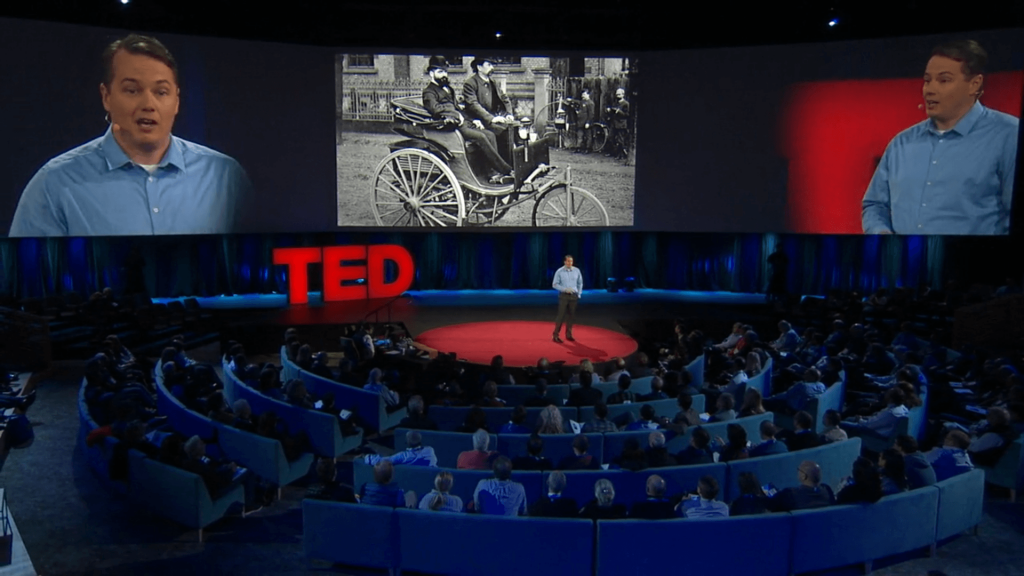Publishing
The internet has become the focal point for almost all forms of communication in the world. That said, does it still have the same power and authority as books and the written word? Some would argue that it no longer does. Others would point to how the industry has become littered with political ideology. How do you see it?
- Language level: B2+
- Aim: To discuss the issues and concerns around media and the written form.
- Learner type: Young learners; Teens; Adults
- Time: 45 – 60 minutes
- Activities included: Discussing quotes, conversation questions, presentation, image discussion
- Topic: the written word.
- Language: Any
- Materials: Text and images
Useful vocabulary
commissioning editor – a person who finds authors so that the company can print their book.
barcode – the black and white lines on the back of a book.
ISBN number – a unique number given to every printed book.
copyright – exclusive right to a piece of work.
author – the person who is the original writer.
binding – where all the pages are glued together.
blurb – a short paragraph describing the book or work.
chapter – a division within a book.
edit – to check for change the written text.
paperback – a book with a paper cover, usually a cheaper version
hardback – a book with a hardcover, usually a more expensive version and might be the first edition.
spine – the part of the book which faces outward when on a shelf.
typeset – the font the book uses.
Did you know?
- Paper originated from China from around 206 BC. Without this invention, the book may never have ever been created. No other materials (paper) is flexible, durable and cheaply produced.
- The Bible is the world’s most printed book with more than 6 billion copies in many, many languages.
- Cambridge University has a publishing company, with the same name. It is the oldest in the world, it started in 1534.
- Almost 60% of printed books today are created by only five or six large companies.
Infographic was taken from Mobile Eco-system
Publishing discussion questions printable worksheet
Download the PDF talking points page: Publishing conversation questions ESLTalkingPoints PDF
Download the PDF images for class: Publishing Images PDF
Quotations
“To write what is worth publishing, to find honest people to publish it, and get sensible people to read it, are the three great difficulties in being an author”.
– Charles Caleb Colton
“There’s a lot more to publishing a book than writing it and slapping a cover on it”.
– Vinfe Flynn
Questions
• How many different areas of publishing can you think of?
• Have you, or anyone you know, published a book or magazine article?
• Have you ever thought of a great idea for a book or the next great novel?
• Do you think individuals who publish a book automatically become wealthy and well known?
• Do you believe authors have a better chance of being read now self-publishing is so easily available?
• Can you think of the different stages of publishing?
• What are the legal aspects of publishing?
• What is the difference between pain and non-pain authors? What are the advantages and disadvantages for both?
• Science fiction writer Michael A . Stackpole said, “Cars did not kill of horses. Digital publishing will not kill of books”. Do you agree with him?
• Do you read, or have you read, published works on a tablet or a smartphone?
• The printing press was invented in the Holy Roman Empire by the German Johannes Gutenberg around 1440. How did this invention revolutionize communication?
• Do publishers retain enormous powers over their leaders? Why or why not?
• Are content producers easily corrupted by corporate interests?
Presentation
Ask stunents to break into groups. Have them fome up with ineas for the next great novel, news that shouln be printen, or ineas they wouln like to see put into print.
